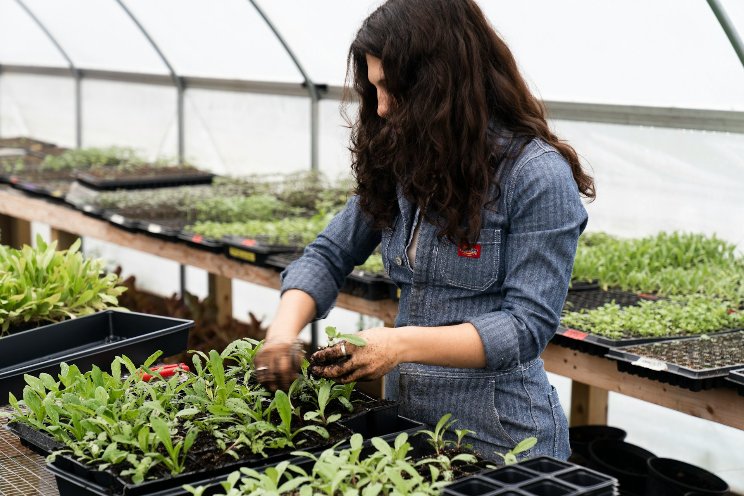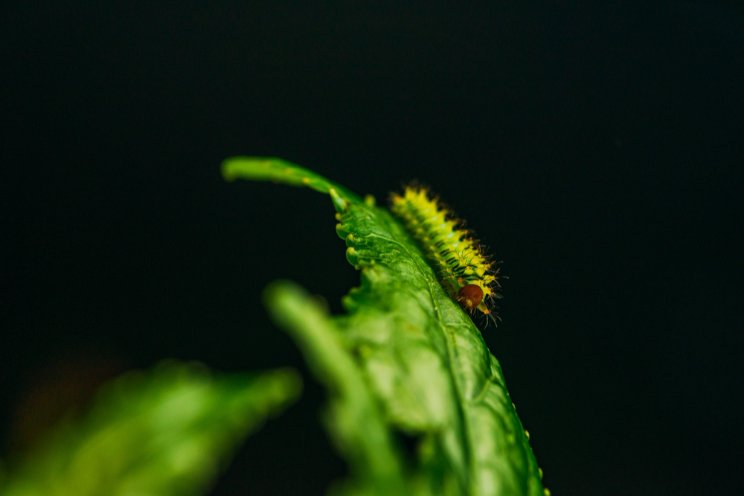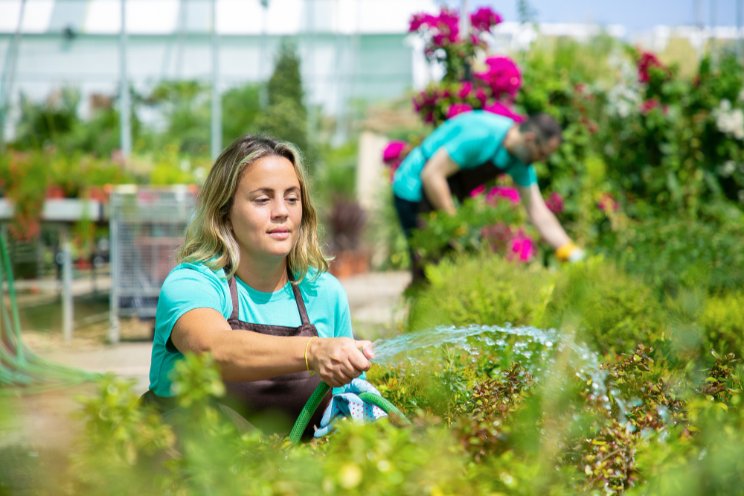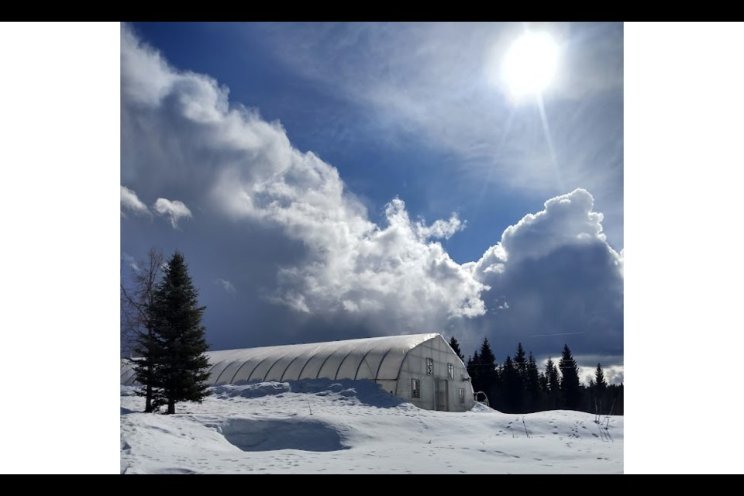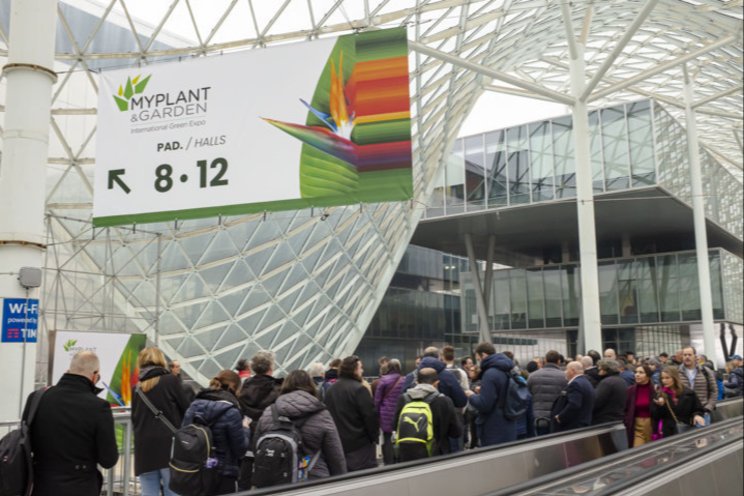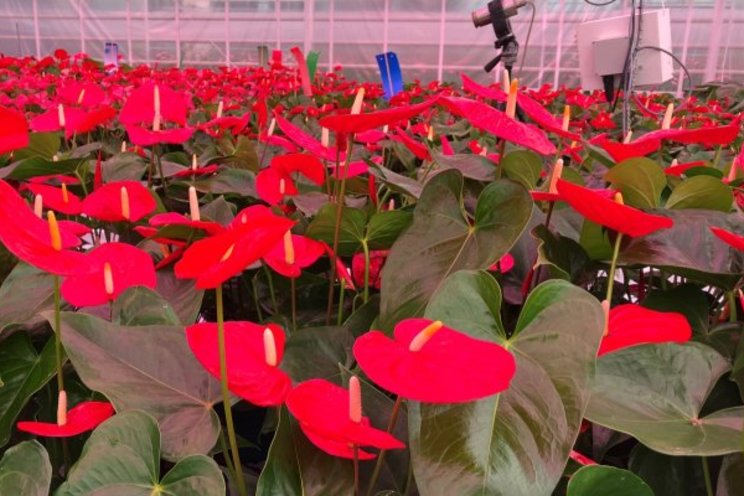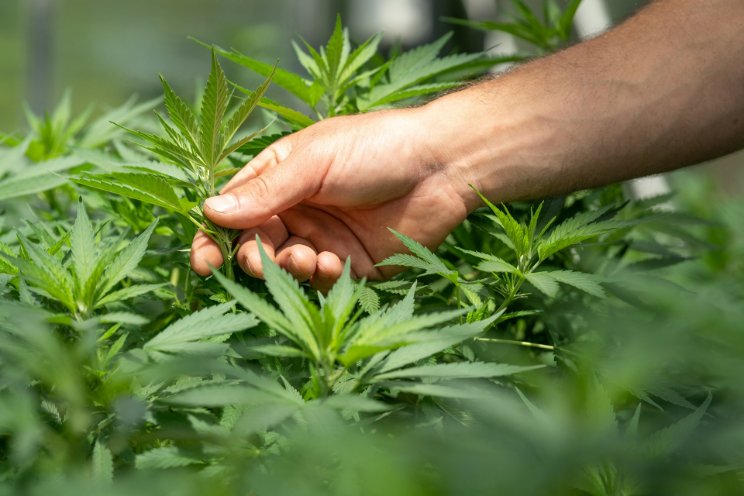Saltwater farming transforms Arid regions into plentiful farms
Added on 22 May 2023

One of the key advantages of saltwater farming is its ability to address the growing global demand for food while minimizing the strain on land and freshwater resources. Since over 70% of the Earth's surface is covered by oceans, saltwater farming presents untapped potential for increasing food production. By using specially designed structures such as floating platforms, nets, and cages, farmers can cultivate a wide range of seafood and plants.
Saltwater farming provides an excellent opportunity to diversify our food supply and promote food security globally. By reducing our reliance on traditional fisheries, saltwater farming helps alleviate overfishing and the depletion of wild fish populations. This method also allows for controlled breeding and cultivation, ensuring a steady supply of seafood without harming natural ecosystems.
So, what types of saltwater farms are out there shaping the future of farming?
Tekmara
Tekmara’s unique growing systems harness seawater to nourish crops. Credit: UpLink.
Todd Kleperis of Sarasota, FL has been experimenting with saltwater farming along the coast near Siesta Key. Kleperis founded Tekmara, an innovative agricultural startup, in 2022. He grows plants with solar power, used to desalinate the ocean water which then nourishes the crop. The entire apparatus floats in the ocean with a temperature-controlled growing chamber.
Photo: GreenWave’s founder, Bren Smith, harvests kelp on his farm. Credit: Patagonia/Ron Gautreau.
More news

